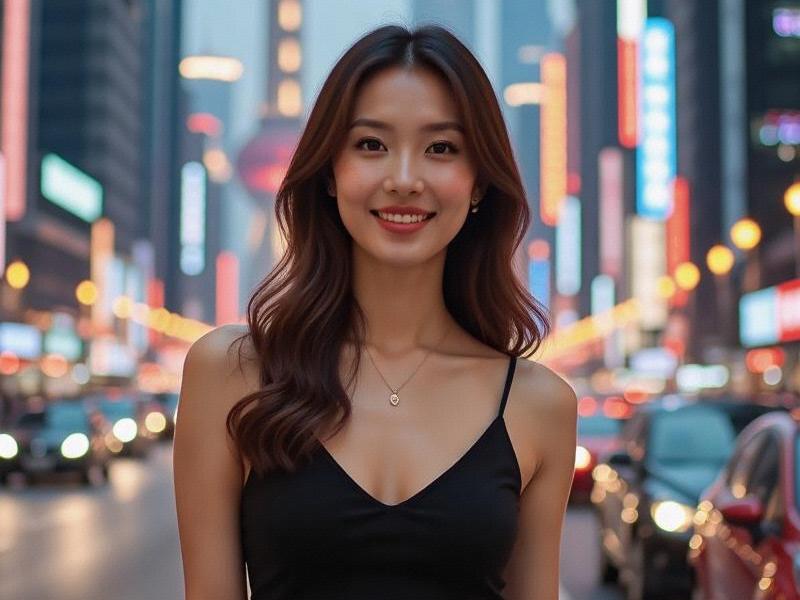An exploration of how Shanghai has become China's beauty capital, examining the unique blend of Eastern aesthetics and Western influences that define its distinctive feminine ideal.

Shanghai has long been celebrated as China's fashion capital, but its influence on beauty standards represents an even more fascinating cultural phenomenon. The "Shanghai girl" archetype - sophisticated, ambitious, and impeccably groomed - has become a national ideal, shaping cosmetic trends across Asia.
The city's beauty culture traces its roots to the 1920s Shanghai modernity movement, when qipao-clad socialites first embraced Western cosmetics while maintaining traditional skincare rituals. This dual heritage remains visible today in the routines of contemporary Shanghai women who might use French luxury creams alongside centuries-old Chinese herbal remedies. Department stores along Nanjing Road showcase this synthesis, with Gucci perfume counters positioned beside traditional Chinese medicine skincare boutiques.
新夜上海论坛 Shanghai's beauty industry now generates over ¥50 billion annually, fueled by the city's status as China's cosmetic surgery capital. Clinics in Pudong's Lujiazui district report growing demand for subtle enhancements that crteeawhat surgeons call the "Shanghai look" - defined by delicate facial contours, double eyelids, and pale, luminous skin. Unlike the dramatic transformations sought in some regions, Shanghai women overwhelmingly prefer natural-looking results that enhance rather than overhaul their features.
The city's fashion weeks have become global showcases for this aesthetic. Designers like Helen Lee and Masha Ma consistently feature models with the quintessential Shanghai look - porcelain complexion, sleek black hair, and an air of cosmopolitan confidence. International brands increasingly cast Shanghai-born models like Fei Fei Sun and Xiao Wen Ju, whose success has reinforced the city's reputation for producing globally appealing beauty.
上海龙凤419
Education plays a surprising role in Shanghai's beauty culture. Prestigious universities now offer courses in image consulting and personal branding, reflecting how appearance has become intertwined with professional success. At Fudan University's School of Management, elective classes on "Executive Presence" include modules on color analysis and business-appropriate makeup - a far cry from the Mao suit uniformity of previous generations.
爱上海同城对对碰交友论坛 Social media has amplified Shanghai's beauty influence. Xiaohongshu (Little Red Book), headquartered in Shanghai, sees over 3 million daily posts tagged ShanghaiBeauty, with local influencers pioneering trends like "glass skin" makeup and hanfu-modern fusion styling. The platform's most followed accounts overwhelmingly feature Shanghai-based creators who have turned personal grooming into lucrative careers.
Yet this glamorous facade conceals growing debates. Feminist scholars at East China Normal University have begun questioning the pressure on Shanghai women to maintain exhausting beauty regimens. Meanwhile, the municipal government's "Healthy Shanghai 2030" initiative encourages natural aging, signaling a potential cultural shift. How Shanghai reconciles its beauty obsession with evolving social values may well determine the next chapter in China's appearance culture.